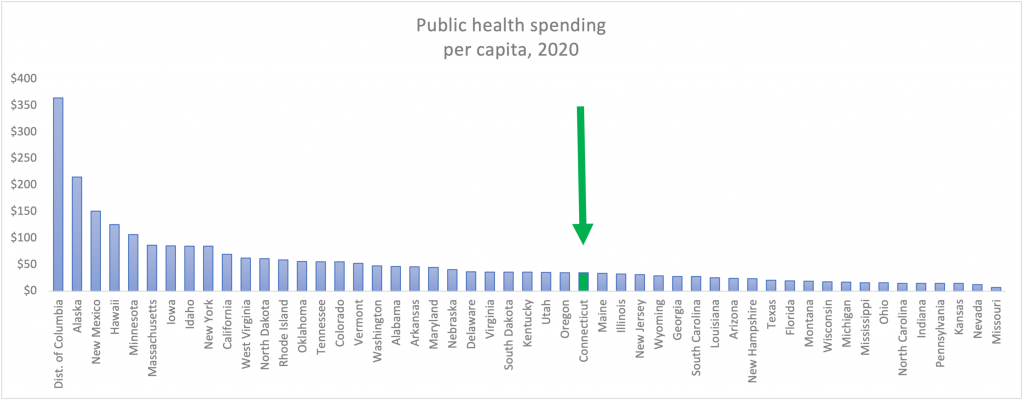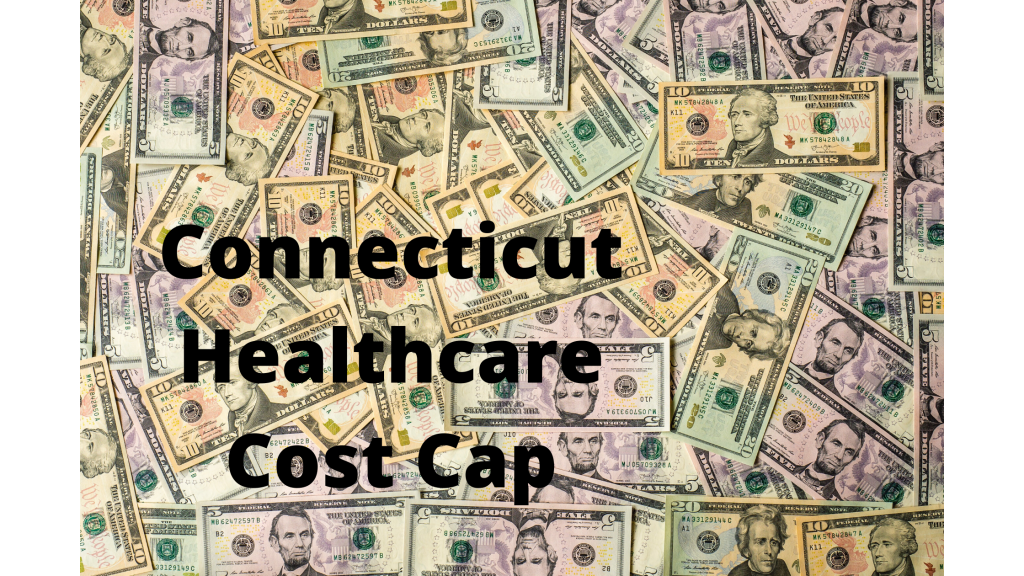Budget Process
Legislative forum on drivers of rising health costs
Connecticut legislators will hear from experts on the drivers of rising health insurance premiums and options to control costs next Friday, September 24th at noon. The forum — Consolidation, Private Equity, and Drug Prices in Health Care Costs — is sponsored by Rep. Kerry Wood, Co-Chair of the Insurance and Real Estate Committee. The forum…
Read MoreCTNJ: Covered Connecticut is a good start, but needs tending
Policymakers were challenged this year to find an answer to voters’ demands for affordable healthcare coverage options. Both leading legislative proposals, a public health insurance option and restoring previous cuts to HUSKY parent coverage, had drawbacks and neither passed. The administration, together with the insurance industry, developed an alternative behind closed doors that did pass.…
Read MoreCovered Connecticut – Origins, Goals, Opportunities, and Concerns
Read the brief Covered Connecticut is a new program to cover uninsured state residents with no-cost health insurance coverage through Access Health CT, Connecticut’s health insurance exchange. The program leverages federal subsidies, some of which are temporary, and an anticipated Medicaid waiver to offer state residents combined with state funds. Some services, missing from exchange…
Read MoreCTNJ OP-ED | Congress Wants to Lower Drug Prices to Fund Important Priorities
Economists argue that rising healthcare costs crowd out resources for other societal priorities such as education, infrastructure, climate change, and housing. It makes sense in theory but, until lately, it seemed a bit abstract. But right now, Congress and the administration are making the point in very real terms. Policymakers want to make big investments…
Read MoreRoom for improvement on CT health risks
Download the report Connecticut adults’ health risks are largely similar to the US average, but that’s not great news. According to the latest CDC survey of American adults, Connecticut ranked better than other Americans on most health risks in 2019. In most cases, we are only slightly healthier. We did exceed the US average in…
Read MoreCTNJ: Insulin – Once a Gift, Now Serving Greed
Today is the hundredth anniversary of the discovery of insulin. Diabetes affects about 367,000 adults in Connecticut and that number is rising. Before the 1920s, a diabetes diagnosis was a death sentence. The discovery of insulin allowed people with diabetes to live their lives. Until the 1970s insulin was affordable, but it’s now so costly…
Read MoreGood and bad Medicaid PCMH, PCMH Plus updates
At today’s MAPOC Care Management Committee, we learned that Medicaid’s successful Patient-Centered Medical Home (PCMH) program is growing and keeping up with higher enrollment due to COVID. In disappointing news, we also learned that the controversial PCMH Plus program has fewer care managers than expected and only 36% of ACO member advisory committees have any…
Read MoreCT remains behind surrounding states in public health support
According to a new analysis by SHADAC, Connecticut remains behind our neighboring states in per person spending on public health. The pandemic has spotlighted the critical roles of public health including emergency preparedness, disease prevention, population health monitoring, and health promotion. Public health has been responsible for most of the increases in life expectancy in…
Read MoreOHS committee considering dumbing down successful PCMH standards
Among other troubling plans, the Office of Health Strategy’s Primary Care Subgroup is considering four options to certify high-performing primary care practices for higher levels of reimbursement. The committee is deciding how to double spending on primary care while simultaneously capping healthcare cost growth. At their meeting this week, the committee of mainly primary care…
Read MoreOP-ED | Controversial New Alzheimer’s Drug Could Break the Bank
Alzheimer’s disease affects six million Americans, stealing memories years before it takes lives. Aduhelm, the first drug intended to treat the Alzheimer’s disease process rather than symptoms, was highly anticipated by patients and families. But it has disappointed on many levels. It isn’t clear that it actually helps patients and troubling side effects are common.…
Read More








